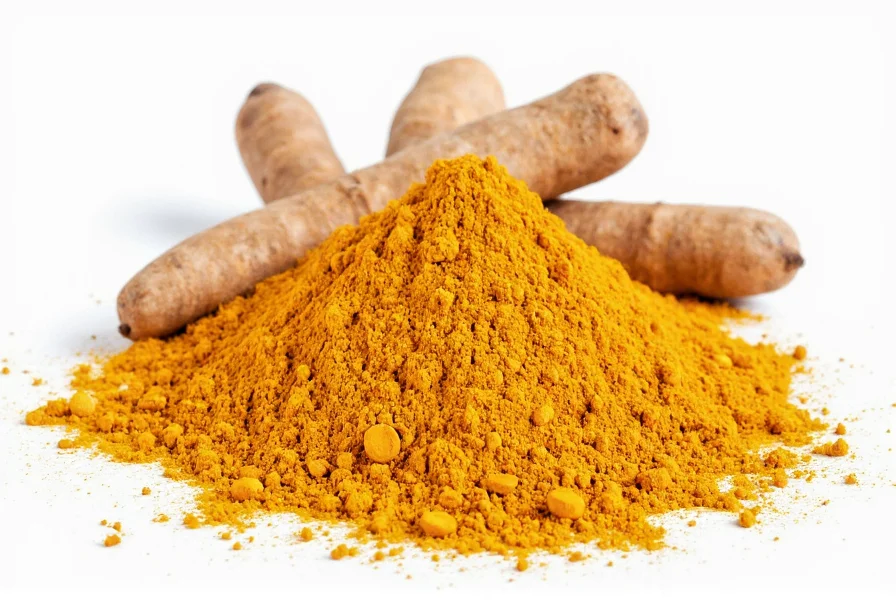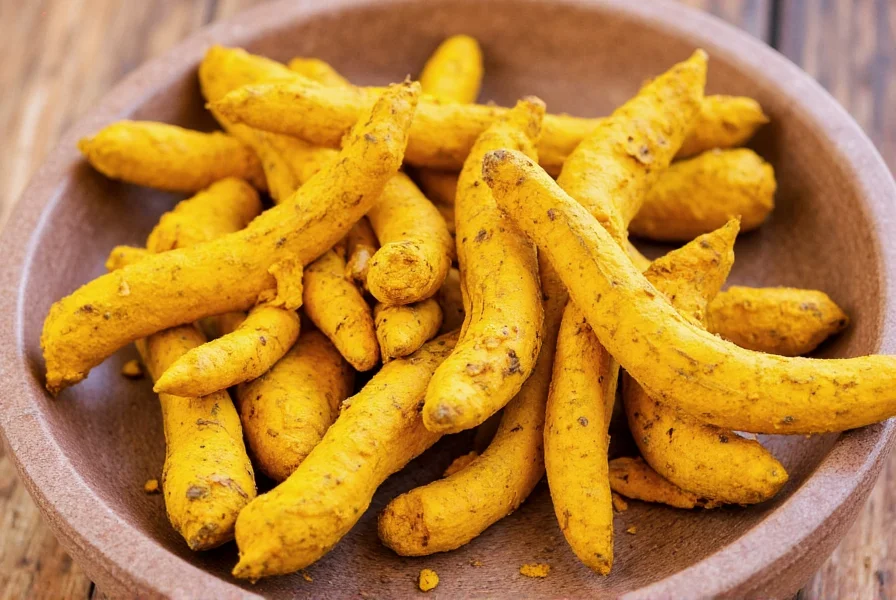When evaluating whether turmeric affects kidney health, it's essential to distinguish between dietary consumption and supplementation. Turmeric, a vibrant yellow spice commonly used in cooking, contains curcumin—the compound responsible for most of its studied health benefits. For the average healthy person using turmeric as a spice in food, research suggests no adverse kidney effects and possibly some protective benefits.
Understanding Turmeric's Composition and Kidney Processing
Turmeric contains approximately 2% oxalates by weight, which has raised questions about its potential impact on kidney stone formation. The kidneys filter oxalates from the bloodstream, and high levels can contribute to calcium oxalate kidney stones—the most common type. However, the oxalate content in typical culinary use (about 1-3 grams of turmeric powder daily) is generally not sufficient to cause problems for healthy individuals.

Potential Kidney Benefits of Turmeric
Multiple studies indicate turmeric may actually support kidney health through several mechanisms:
- Anti-inflammatory properties: Chronic inflammation contributes to kidney damage progression. Curcumin's potent anti-inflammatory effects may help protect kidney tissue.
- Antioxidant activity: Oxidative stress damages kidney cells. Curcumin acts as a powerful antioxidant that may reduce this damage.
- Reducing proteinuria: Some research shows curcumin may help decrease protein leakage in urine, a marker of kidney damage.
- Slowing fibrosis: Animal studies suggest curcumin might slow the development of kidney scarring.
When Turmeric Might Pose Kidney Risks
Certain situations warrant caution with turmeric consumption:
| Risk Factor | Potential Concern | Recommended Action |
|---|---|---|
| High-dose supplements | Elevated oxalate levels potentially contributing to kidney stones | Limit to recommended doses; consult physician |
| Pre-existing kidney disease | May interfere with medication efficacy or kidney function | Avoid supplements without medical supervision |
| History of kidney stones | Potential contribution to stone formation | Moderate culinary use; avoid supplements |
| Medication interactions | May affect blood thinners or diabetes medications | Discuss with healthcare provider |
Who Should Exercise Caution with Turmeric?
While is turmeric bad for kidneys in healthy individuals appears unlikely, certain populations should be cautious:
Individuals with chronic kidney disease (CKD) should consult their nephrologist before taking turmeric supplements. Though culinary use is generally safe, concentrated supplements might affect kidney filtration rates or interact with medications commonly prescribed for kidney conditions.
People prone to calcium oxalate kidney stones represent the group most likely to experience negative effects from excessive turmeric consumption. Those with a history of kidney stones should moderate their intake of high-oxalate foods, including turmeric supplements.
Safe Consumption Guidelines for Kidney Health
Based on current research, here are evidence-based recommendations for turmeric consumption:
- Culinary use: 1-3 grams of turmeric powder daily (about ½ to 1½ teaspoons) is generally considered safe for kidney health in most people
- Supplements: If using curcumin supplements, doses typically range from 500-2,000 mg daily, but those with kidney concerns should start at the lower end and consult a healthcare provider
- Enhanced absorption: Look for supplements containing piperine (black pepper extract) which allows lower doses of curcumin to be effective
- Hydration: Maintain adequate fluid intake (2-3 liters daily) to help prevent potential kidney stone formation
Research Limitations and Future Directions
While promising, much of the research on turmeric and kidney health comes from animal studies or small human trials. Larger, long-term human studies are needed to establish definitive guidelines. Current evidence suggests that is turmeric bad for kidneys depends significantly on individual health status, dosage, and form of consumption.
A 2022 review published in Nutrients concluded that while dietary turmeric shows potential renal protective effects, high-dose supplementation requires caution in at-risk populations. The authors emphasized that moderate culinary use presents minimal risk while offering potential benefits.
Practical Recommendations for Different Health Scenarios
For healthy individuals: Regular culinary use of turmeric is safe and may provide kidney-protective benefits. No special precautions needed beyond normal dietary practices.
For those with early-stage kidney disease: Moderate culinary use is generally acceptable, but avoid high-dose supplements without physician approval. Monitor kidney function regularly.
For kidney stone formers: Limit turmeric supplements and be mindful of total dietary oxalate intake. Culinary use in moderation (¼-½ teaspoon daily) is typically acceptable.
For those on kidney-related medications: Discuss turmeric use with your healthcare provider, as it may interact with blood pressure medications, diabetes drugs, or immunosuppressants.











 浙公网安备
33010002000092号
浙公网安备
33010002000092号 浙B2-20120091-4
浙B2-20120091-4